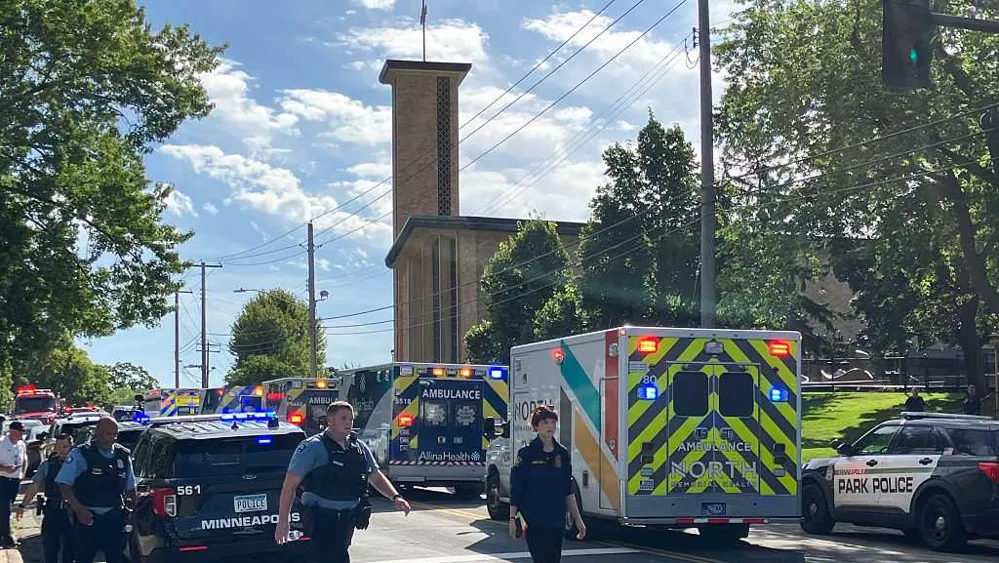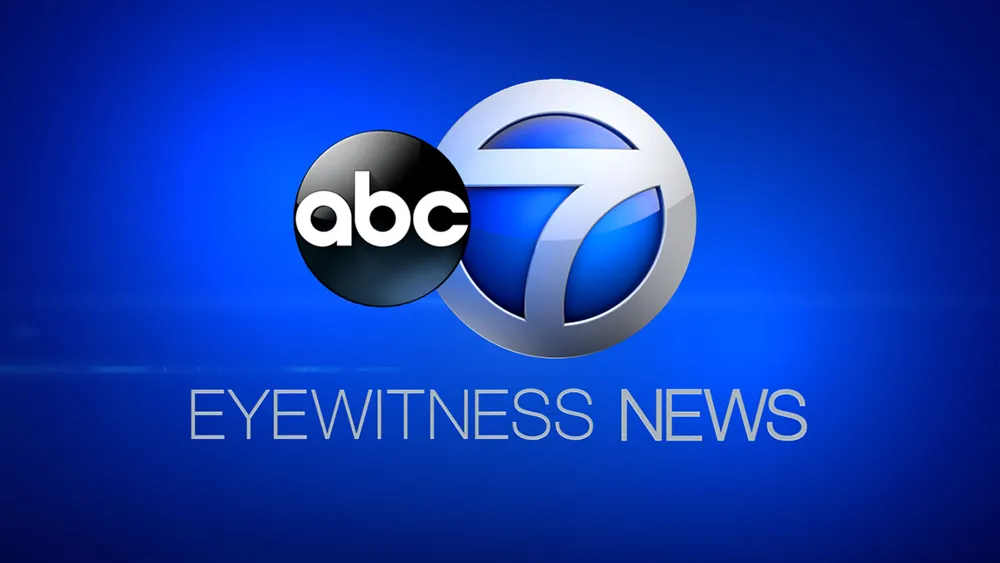DHS cut funding to mass shooting prevention programs in Minnesota before killings

The month before a shooter opened fire on children gathered in a Minnesota church this week, the Trump administration cut funding in the state for efforts to identify potential mass shooters and head off their violence.Related video above: Minneapolis shooter 'wanted to kill children,' authorities sayThe grants were ended as part of $18.5 million in cuts to a Homeland Security program that the Trump administration decried as partisan and unsuccessful, but which some experts and lawmakers say bolsters work to spot early warning signs of mass shooters like Robin Westman, who died of self-inflicted wounds after killing two children and wounding 18 others at a Catholic Mass on Wednesday.“The capacity to combat domestic terrorism is eroding,” said Jacob Ware, a research fellow at the Council on Foreign Relations. “It seems like the eye has been taken off the ball in terms of domestic terrorism prevention in this country — that terrorism is not that major a concern.”Even Westman, in journal writings, questioned not being identified as a potential threat by authorities.“Should be harder for people like me to carry out these attacks,” Westman wrote at one point. Another time, the shooter thought some purchases would draw suspicion. “I have been showing signs for a while, I need to be stopped! I don’t want to abandon my plan, but I really want to be stopped for the sake of my family.”The scuttled grants, which were run by the Center for Prevention Programs and Partnerships, an arm of DHS, had funded local programs at the Minnesota Department of Public Safety and the Hennepin County Sheriff’s Office to assess and manage mass violence threats.In July, DHS pulled the funds to the two local agencies, which totaled about $800,000. A letter from DHS shared with CNN alleged the money had gone to “openly partisan and political organizations.”On Friday, a DHS spokesperson defended that decision, saying in a statement that “the grant program previously administered by CP3 was nothing more than a slush fund for left-wing ideologies, and did next to nothing to combat actual threats in our communities.”But some lawmakers say that argument is baseless and that yanking the grants has left the state less equipped to prevent tragedies like this week’s attack at Annunciation Catholic School.The cancellation of that grant “limits our state law enforcement from access to vital federal counterterrorism partners and resources and leaves Minnesota communities more vulnerable to violent attacks,” said Democratic Rep. Betty McCollum, one of six Democratic lawmakers who sent a letter to DHS earlier this month imploring the agency to reinstate the grant to the Minnesota Department of Public Safety.That letter referenced the shooting of state lawmakers in June and cited violence directed at religious organizations and threats to schools. “Never in our worst nightmares could we have imagined another tragedy occurring so soon,” McCollum said Friday.It’s impossible to say whether any programs could have prevented Wednesday’s shooting. But authorities have been examining lengthy journals left behind by Westman, some of which raise questions about whether red flags could have prevented the shooter from obtaining the guns used in the attack.According to the journals, Westman had recently broken up with a long-term partner, bought three firearms in one month, began frequenting gun ranges and quit a job at a local marijuana dispensary.Westman wrote, “I have dropped a few warning signs to a few people. Nothing crazy, but if I did something, they would say it was obvious in hindsight.”The programs administered by CP3 were aimed at bolstering local communities in recognizing those kinds of signs, though there has long been criticism of their efficacy. When the Biden administration announced the initiative in 2021, an attorney with the American Civil Liberties Union criticized such programs as “ineffective, discriminatory and harmful to Muslims and communities of color.”Still, law enforcement agencies and other groups have shown high demand for funding through the program. A DHS report last year stated 178 organizations applied for what added up to more than five times the available funding. The report touted various incidents where the programs have been useful, such as a sheriff’s office responding to online threats of mass violence and charging an individual, a neo-Nazi being encouraged to access mental health services and a hospital referring a troubled student to a support clinic.The grant for Minnesota’s Department of Public Safety specifically references school shooters, stating that the funds would help create a statewide threat assessment and management team and focus on “persons of concern, potential active shooters, school shootings/threats, stalking, and workplace violence.”For the Hennepin County Sheriff’s Office, the roughly $100,000 grant was meant to be used to “establish a multidisciplinary team” to “engage more actively with mental health professionals, school officials, social workers, and probation officers.”Those programs could potentially have had an impact on identifying Westman, some experts and officials said.“This event in Minneapolis was 100% preventable. This was exactly the kind of event we could have stopped,” said a former DHS employee, who asked not to be named out of fear of their deferred resignation being impacted.Jill Oliveira, a spokesperson for the Minnesota Department of Public Safety, said the grant was awarded for behavioral threat assessment and management staff and training, and that because of the cut, the department “made adjustments to free up other resources to cover costs.”When DHS announced the sweeping cuts to CP3 programs in July, it called the grants “wasteful” and intended “to push woke, partisan agendas and silencing dissent.”When asked about the cuts, DHS alleged that “many of these grants went to organizations that celebrated, and encouraged transgenderism in our children.”It’s unclear what specific programs DHS was referring to, though the July announcement mentioned a grant that had been awarded to a nonprofit focused on LGBTQ+ issues.Not all CP3 grants appear to have been canceled. When asked about two grants awarded to the sheriff’s office in Palm Beach County, Florida, where Mar-a-Lago is located, a sheriff’s office spokesperson said the grants are active.After the shooting, First Lady Melania Trump called for more preemptive interventions to stop potential shooters.“To prevent future tragedies, it is crucial we look into behavioral threat assessments across all levels of society—beginning in our homes, extending through school districts and of course, social media platforms,” she posted on X. “Being aware of these warning signs and acting quickly can save lives and make American communities safer.”CNN’s Rob Kuznia and Nina Subkhanberdina contributed to this report.

